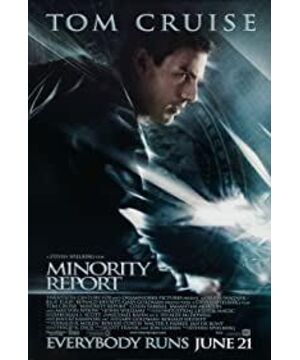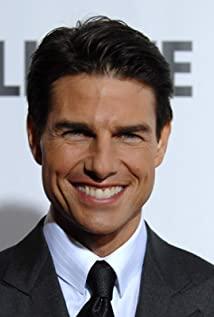It seems that this movie is reminded of two types of errors in statistics that I recently learned: first-class errors and second-class errors. To put it simply, a type of error, false positive error, that is, you arrest the wrong person, and arrest the person who did not commit a crime as a criminal. Type II errors, false negative errors, are when you put the wrong person and let the person who committed the crime go unpunished.
In the real world, these two types of errors are all over the place. After all, the world is too complex to be perfect. The "prophet system" of this film is actually to eliminate the second type of mistakes, and never let the prisoner go unpunished, but it is inevitable that the wrong person will be arrested; however, the ending is reversed, releasing all potential prisoners, which is A type of mistake that has been greatly reduced will not catch people by mistake, but will allow some heinous criminals to go unpunished.
Therefore, the reality is like this, there are always two types of mistakes, there is a trade-off and a balance is made. In the end is to eliminate a class of mistakes? Or is it better to avoid Type II errors? Or take a compromise? In the end, it still depends on which approach is more beneficial to the world and makes the world a better place. Going deeper, it seems to involve the "trolley problem" that ethics has always had. Well, after all, the world will not stop abruptly, nor will it stay at a certain moment forever, then, as time flows, it will always be in a swing, constantly making choices, hoping that the future will be better.
View more about Minority Report reviews











